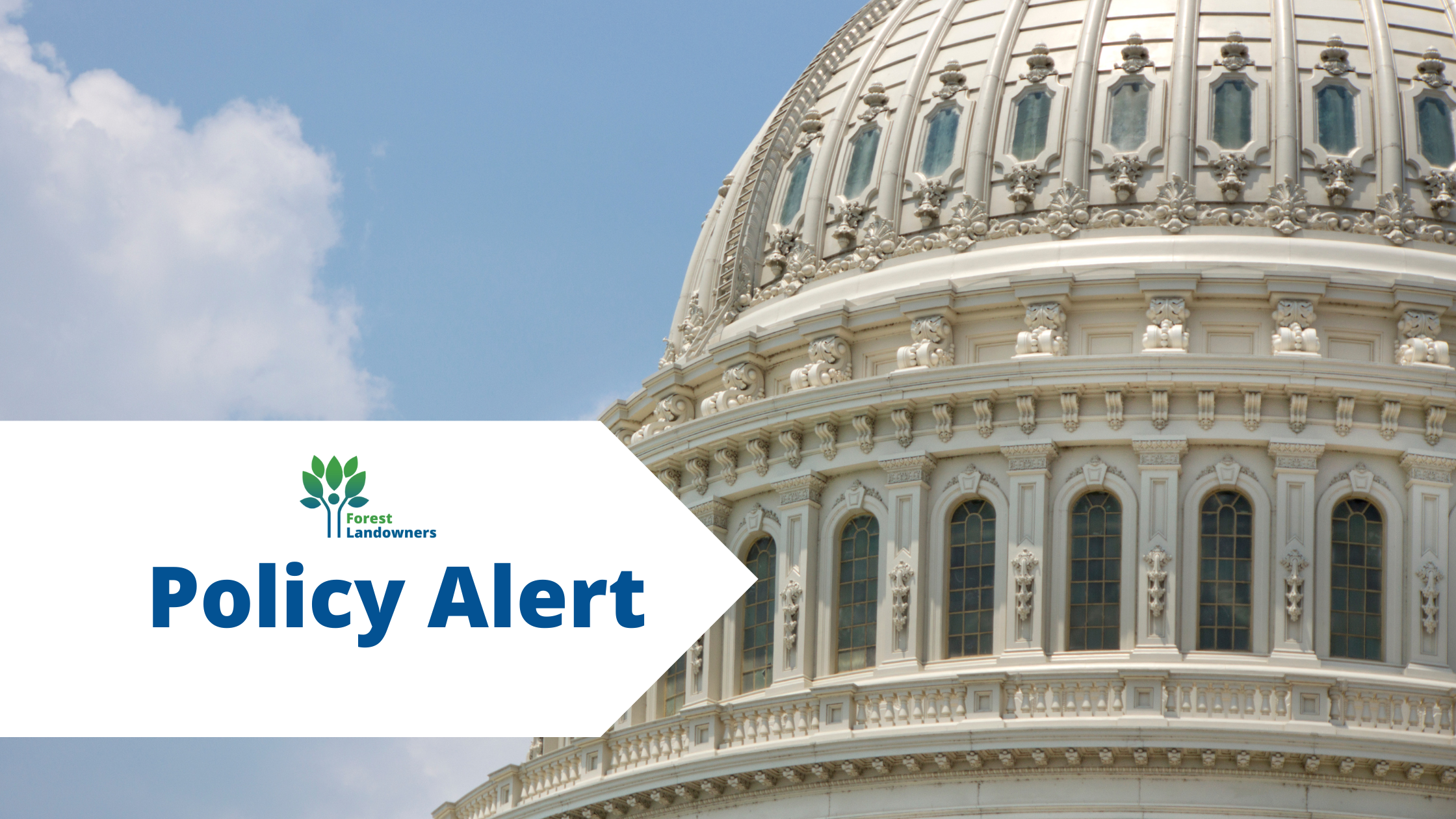Policy Alert: Supreme Court Overturns Chevron Doctrine
Late last week, the U.S. Supreme Court ruled to overturn the Chevron Doctrine, established in Chevron U.S.A., Inc. v. Natural Resources Defense Council, Inc. (1984). The landmark ruling in Loper Bright v. Raimondo and Relentless v. Commerce (2024), authored by Chief Justice Roberts, marks a significant shift in the regulatory landscape.
For forty years, the Chevron Doctrine has granted federal agencies the ability to interpret vague legislation, allowing agencies to claim regulatory authority. However, the overturning brings regulatory power back to the court system to resolve statutory ambiguities.
Chief Justice Roberts emphasized that courts must now exercise their independent judgment to determine whether an agency has acted within its statutory authority, as required by the Administrative Procedure Act (APA).
The implications of this ruling for private forest landowners are yet to be seen. While the rollback of Chevron deference is expected to restore a more balanced separation of powers, ensuring that Congress remains the primary law and policymaker, it will not immediately impact existing regulations.
However, this decision opens the door for legal challenges to agency interpretations that exceed statutory authority. It also underscores the importance of clear legislative drafting and may lead to more rigorous judicial scrutiny of agency actions. The FLA team had the following statements:
Craig Anderson, FLA Director of Government Affairs:
“The Supreme Court’s decision to overturn the Chevron Doctrine is a significant move towards restoring the Constitution’s intended balance of power, ensuring that legislative responsibilities rest firmly with Congress rather than the Executive or Judicial branches. It is my hope that Congress will now focus on crafting smaller, more targeted policies, allowing for clearer understanding and more manageable legislation that can be effectively addressed by both policymakers and the American public, rather than imposing complex, thousand-page bills.”
Katie Moss, FLA Director of Stewardship Initiatives and Regulatory Affairs:
“This ruling tasks federal agencies with the responsibility to justify their regulatory actions rather than receiving the deference to enact broad or overreaching rules in response to ambiguous language. Restoring the balance between the branches of government and requiring more intentional, objective rules from policymakers can help achieve fair species, water, and air regulations for landowners moving forward.”
The Forest Landowners Association will continue to monitor the developments stemming from this ruling and will provide detailed guidance on its potential impacts.

I have read this as well as other remarks on the internet. I have also thought about the implications from overturning the Chevron doctrine. No one can know how far reaching it can be for the future. To me it will not be good for our future no matter what the Federal Agency may be.
Congress, in the past, has passed broad based laws that lack specificity in order to please their constituents and agencies with people with expertise have written rules for them. I believe scientists, economists, and specialists who have more specific knowledge are better than judges.